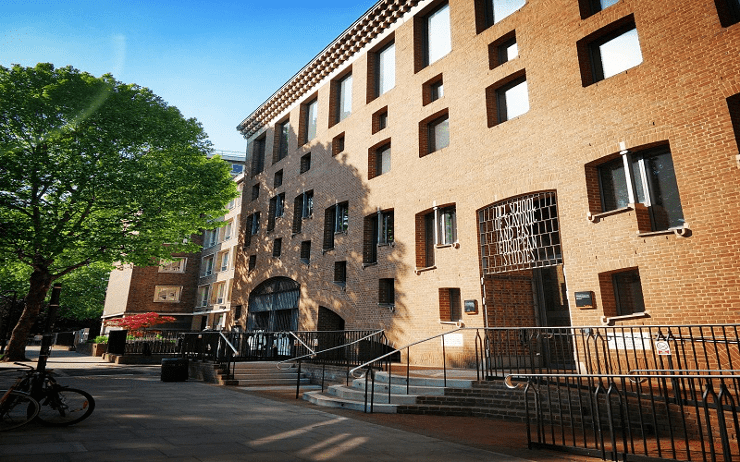Jinqian Li, STEaPP Alumni, reflects on her MPA Experience at UCL
By leonie.dunn, on 18 November 2024

My academic journey in the Master of Public Administration (MPA) in Digital Technologies and Policy at University College London has been truly enriching. The programme has equipped me with robust analytical skills to understand cutting-edge technologies and develop evidence-based policies that address their societal implications.
The curriculum was thoughtfully structured to provide hands-on experience in policy development across multiple domains. The simulated multilateral negotiations were particularly valuable, where we represented different nations to address urgent technological and social challenges. These exercises strengthened our ability to analyse complex issues efficiently, identify key priorities, and develop practical policy solutions under time constraints while honing our diplomatic and negotiation skills.
The programme’s emphasis on real-world application culminated in our group project, where we collaborated with industry partners to address contemporary challenges. Through this experience, I developed essential skills in teamwork, professional communication, and data analysis. Our research on IoT privacy frameworks with the Information Commissioner’s Office across China, the UK, and Japan led to a presentation at the PETRAS conference in London, where engaging with international academics helped refine our policy recommendations.
A significant achievement during my MPA studies was publishing an op-ed in the AI&Society journal, developed under Dr. Jean-Christophe Mauduit’s guidance. The piece examined the implications of police use of facial recognition technology in the UK, focusing on transparency and bias concerns. Additionally, my analysis of Weibo’s role in China’s digital landscape, written for another module focusing on technology complex, supported my successful application to the University of Cambridge’s MPhil programme.
The supportive environment at UCL really enhanced the academic experience. The guidance from faculty members and collaboration with fellow international students created a constructive learning atmosphere that facilitated both professional and personal growth. It’s somewhere I would always love to return to share life updates and exchange ideas, both academic and personal.
For those keen to shape the future of technology policy and make a meaningful impact on society, I wholeheartedly recommend exploring UCL’s Department of Science, Technology, Engineering and Public Policy (STEaPP). Whether you’re fascinated by emerging technologies technically/ethically, deeply committed to sustainability, or passionate about bridging the gap between innovation and public good, STEaPP offers brilliant pathways to help you achieve your aspirations.
 Close
Close





